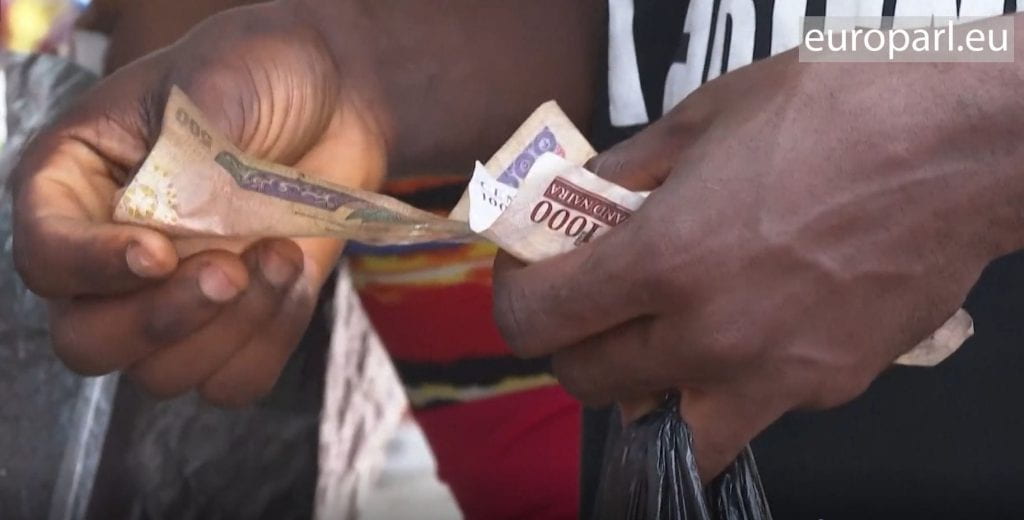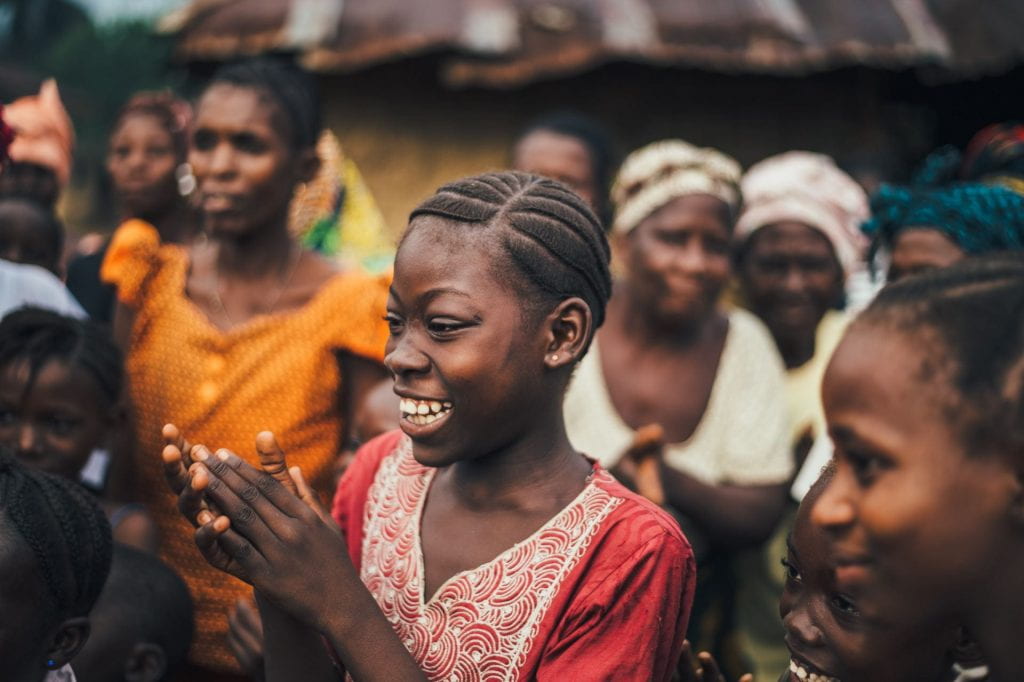With Africa having a background on dealing with outbreaks, the European Union signs help agreements in hope of stopping the spread of the pandemic. As a form of solidarity coming from both parts, MPs work together in aid of the Covid-19.
by Adela Cazan and Dorisilda Killo
Africa, priority for the EU
As a first response coming from the EU, on April 8th, there has been announced to be given financial support to partner countries. The EU has stated that there will be more than €15.6 billion spent globally.
Spokesperson for Foreign Affairs and Security Policy, Virginie Battu-Henriksson mentioned the method in which these funds will be used “The EU’s collective action will focus on addressing the immediate health crisis and resulting humanitarian needs, strengthening partner countries’ health, water, and sanitation systems and their research and preparedness capacities to deal with the pandemic, as well as mitigating the socio-economic impact.”
Considering this initiative, the overall package consists of €15.6 billion, divided as €3.25 billion being allocated to Africa, that includes €2.06 billion for sub-Saharan Africa and €1.19 billion for the Northern African neighborhood countries.
In addition €1.42 billion, besides the overall package is channeled for Africa and the neighboring countries, coming from the European Fund for Sustainable Development (EFSD).
Debt vs. healthcare
Considering the gravity of the situation, one would think the largest amount of financial funds would be allocated towards tackling the outbreak. But, the African reality is different. 46 countries are known to be spending more on public debt than on public health. That being said, it limits their possibility to respond to the ongoing crisis.
The European Parliament was aware of the situation and intervened in the matter. In a piece published by the European Parliament, there has been stated that “Parliament supports efforts by the European Commission for a global response by the EU. MEPs have also joined calls from the International Monetary Fund and the World Bank to suspend debt payments by the world’s developing countries.”
On this, Virginie Battu-Henriksson adds that “public financing needs are expected to rise considerably over the coming weeks and months in developing countries, and actions undertaken by multilateral creditors will not be sufficient to close the financing gap. Many African countries have a high debt burden, limited fiscal space to respond to the crisis, while also facing large capital outflows.”
The course of actions included for Ursula von der Leyen, the President of the European Commission to support calls for suspending the debt repayments of the African countries, and to address it to the G20 bilateral official creditors. These payments are now pushed until the end of 2020 and an extension is also considered as a possibility. The private creditors are also encouraged to join the suspension on comparable terms.
FACT BOX
The G20 is an international forum of governments and central bank governors from 19 countries and the EU. Its aim is to discuss policy pertaining, promote financial stability, and seek to address issues that go beyond the responsibilities of any organization.
Explaining the Commission’s actions, Virginie Battu-Henriksson mentioned the active engagement with the IMF and the World Bank, both on a political and technical level. Their connection also means that “more time will be needed to better assess the crisis’ impact and financing needs for each International Development Association country and to determine what kind of debt relief or restructuring is needed. Any new lending, even highly concessional, should be taking place within the framework of the World Bank and IMF, to ensure the sustainability of public debt.”
EU and Africa working together against the pandemic

The EU has pledged to work with African partners in order to enable all countries to deal with this crisis. Following a “Team Europe” approach, the EU will combine resources from the Union alongside its Member States and financial institutions, such as the European Investment Bank and the European Bank for Reconstruction and Development, in order to not only support partner countries and help with their short-term financing needs but also the longer-term structural impacts on societies and the economy. In total, the “Team Europe” package will reach up to €20 billion.
This would not be the first time that the EU and Africa work together. In 2017, the EU launched the EBO-SURSY project, which improves the Ebola virus disease detection in wildlife in African countries. Two research collaborative projects were launched in sub-Saharan Africa in 2018, through the European and Developing Countries Clinical Trials Partnership from the Horizon 2020, to tackle the Ebola epidemic preparedness, in collaboration with the Africa CDC: ALERRT and PANDORA-ID-NET. The time has come to collaborate again. “The two consortia have already redirected their research towards coronavirus” says Virginie Battu-Henriksson.
Learnings from the African way of managing outbreaks

Although COVID-19 and Ebola are not the same, there is no doubt that there are some elements of the outbreak of Ebola that will serve countries in good shape in this crisis, and important lessons to be learned.
The countries that were affected by Ebola invested a lot in the national health care system, which is now paying off since these countries have improved resilience to deal with the crisis. Huge efforts have been made during the Ebola virus outbreaks to handle the epidemic so that the disease could be controlled by appropriate treatment and vaccines.
In addition, the work concerned other relevant areas. In 2017, the EU launched the EBO-SURSY project, which improves the detection of Ebola virus disease in the wild in African countries. This project has already been well implemented in some West and Central African countries with training, capacity building, and epidemio-surveillance through wildlife sampling and laboratory analysis. Virginie Battu-Henriksson adds “we are exchanging further with the World Organisation for Animal Health, so that they may benefit from the project’s experience in the field, to extend its epidemio-surveillance activities to the presence of coronavirus in wildlife.”
The importance of dedicated training on surveillance to establish the ability to distinguish and respond to outbreaks with epidemic potential is widely recognized. Dr. Emmanuel Musa, who was part of the medical and research team that wrote an article for The International Journal of Infectious Diseases about the response to the Lassa fever outbreak says “Efforts to strengthen the Integrated Disease Surveillance and Response (IDSR) system, as a result of the Ebola epidemic, started in mid-2015 after the peak of the crisis, to enhance the timely recognition of any future epidemics.”
FACT BOX
A case fatality rate (CFR) is the proportion of deaths from a specific disease compared to the total number of people diagnosed with the disease for a specific period of time.